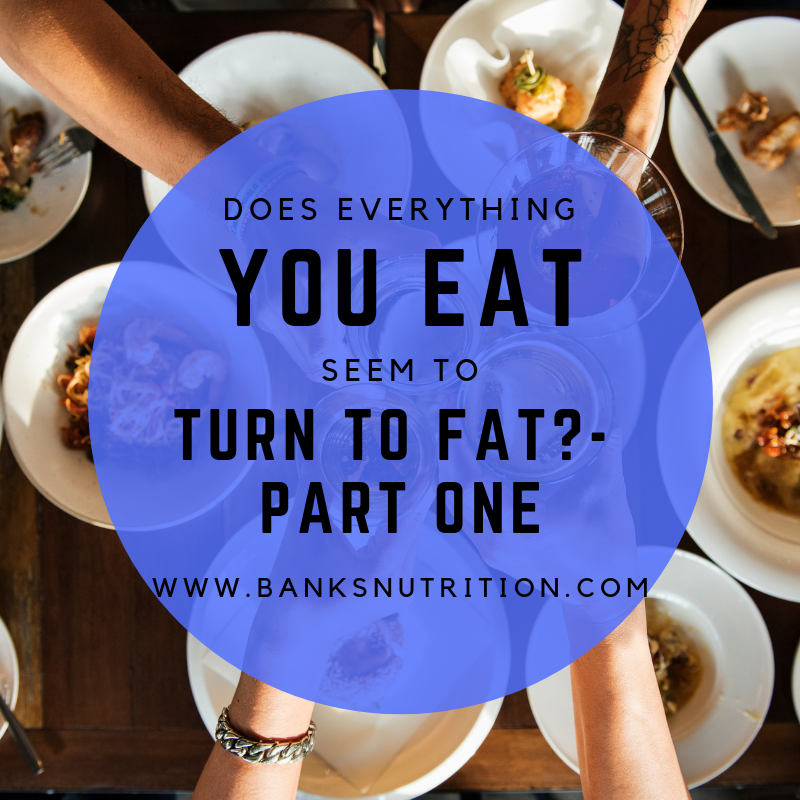
Does Everything You Eat Seem to Turn to Fat? Part One
January 22, 2011
-
The fat production problem occurs because of different behaviors of insulin and cortisol.
-
Cortisol is often referred to as the human “stress hormone”.
-
Cortisol opposes the action of insulin. When cortisol levels are high, it interferes with insulin’s action causing the cells to become “insulin resistant”.
-
Blood sugar is diverted to the liver to be converted to a storage form, the fat triglyceride.
-
The two most common factors in ongoing cortisol elevations are high refined carbohydrate consumption and food sensitivities/allergies.
It is often heard, “everything I eat turns to fat”. Often this is not an excuse but rather a reality. The culprit in this situation is typically the hormone cortisol. Understanding how and why cortisol does what it does can set the stage to finding a solution.
Cortisol is often referred to as the human “stress hormone”. Humans are wired to respond to stress by chemically ensuring that they have enough energy and are alert enough to deal with the perceived “threat”. The energy portion of this is ensured by keeping blood sugar levels up and having a ready supply of other energy sources. This task is controlled by the adrenal hormone cortisol.
Cortisol opposes the action of insulin. When we have higher blood sugar, insulin drives it into cells to be used. When cortisol levels are high, it interferes with insulin’s action causing the cells to become “insulin resistant”. The net result is that blood sugar is diverted to the liver to be converted to a storage form, the fat triglyceride.
The fat production problem occurs because of different behaviors of insulin and cortisol. Insulin rises quickly when we eat but also goes down quickly as blood sugar levels fall. When cortisol output is increased, blood cortisol levels do not decrease for up to 4-6 hours after high output. The net result is that with the next elevation in blood sugar from eating, insulin action cannot cause blood sugar use and it is converted to fat. If we eat again are 4-6 hours, cortisol causes most what we eat to be diverted to fat production.
Perhaps the greatest challenge to getting cortisol output under control is appreciating the factors that cause it to elevate in the first place. The most appreciated is psychosocial stress, but it is not the most common.
The two most common factors in ongoing cortisol elevations are high refined carbohydrate consumption and food sensitivities/allergies. Refined carbohydrates cause an excessively fast rise in blood sugar after eating. This is met with an excessively high insulin response which tends to eventually drive blood sugar levels down aggressively causing “overshooting” or an actual period of low blood sugar. This causes cortisol output to block the further action of insulin and raise blood sugar levels. Unfortunately, the cortisol will remain elevated through the next eating cycle blocking insulin action so that much of those carbs can only be converted to fat.
With time, the adrenal gland becomes overactive causing ongoing cortisol elevations. Once this occurs the factors chronically elevating cortisol levels is just the behavior of the adrenal glands themselves independent of continued stimulus.
Quite simply, humans were not designed to consume refined carbohydrates. The first step in adrenal cortisol regulation is to cut out the refined carbs. Next week, I will discuss the symptoms associated with adrenal gland imbalance and when to suspect this is the problem.

